Rim Corrosion – What Happens and How to Stop It
Seeing rust spots on your wheel rims can be annoying, but it’s a common problem that many drivers overlook. When left unchecked, corrosion can weaken the rim, affect tyre performance, and make your car look cheap. The good news is you don’t need a mechanic for every scrape – many fixes are simple, and prevention is even easier.
Why Rims Corrode
Rim corrosion starts when metal meets water, salt, or harsh road chemicals. In the UK, winter de‑icing salts are a major culprit. They speed up the chemical reaction that turns steel or alloy into rust. Even if you wash your car regularly, tiny drops can hide in the wheel spokes or behind the tyre, keeping the metal moist for days.
Another factor is damaged paint or clear coat. A scratch or chip exposes bare metal, giving rust a direct line to the surface. Poor quality or faded coating can also let water seep in, especially if you park under trees where sap and bird droppings add extra moisture.
Finally, driving habits matter. If you frequently go through puddles or off‑road tracks, you’re more likely to splash salty water onto the rims. Over time, those repeated hits wear down protective layers, making the metal vulnerable.
Fixing and Preventing Rim Corrosion
First, give your rims a good visual check every few weeks. Look for any red or orange spots, especially near the spokes or where the tyre meets the rim. If you spot a small rust patch, act fast.
For minor rust, you can clean it yourself. Grab a fine‑grain sandpaper or a steel‑wool pad, rub the rust spot until the metal looks clean, then wipe away dust with a damp cloth. Apply a thin coat of rust‑inhibiting primer, let it dry, and finish with matching wheel paint or a clear spray. This simple routine can stop rust from spreading.
When the corrosion is deeper – flaking paint, pitted metal, or rust that’s spread over a large area – it’s best to bring the wheel to a professional. At Northwich Tyres Centre we can sandblast the rim, treat it with anti‑corrosion coating, and repaint it to factory standards. The cost is usually less than replacing the whole wheel, and you keep the original look of your car.
Prevention is the cheapest fix. Here are three habits that make a big difference:
- Regular washing: Use a hose or pressure washer to spray away salt and grime after winter drives. Pay special attention to the inner side of the rim.
- Protective coating: A quick spray of wheel wax or sealant after cleaning adds a barrier against moisture. Reapply every few months.
- Mind the scratches: If you notice a chip, touch it up with a small amount of matching paint. A tiny dab can stop rust before it starts.
If your car is regularly exposed to salty roads, consider a set of alloy wheels with a factory‑applied anti‑corrosion layer. These wheels resist rust longer than standard steel rims, saving you time and money.
In short, don’t ignore rust on your rims. Spot it early, clean it up, and keep the metal sealed. When in doubt, we at Northwich Tyres Centre are ready to restore your wheels to a rust‑free finish, so you can drive with confidence and pride.
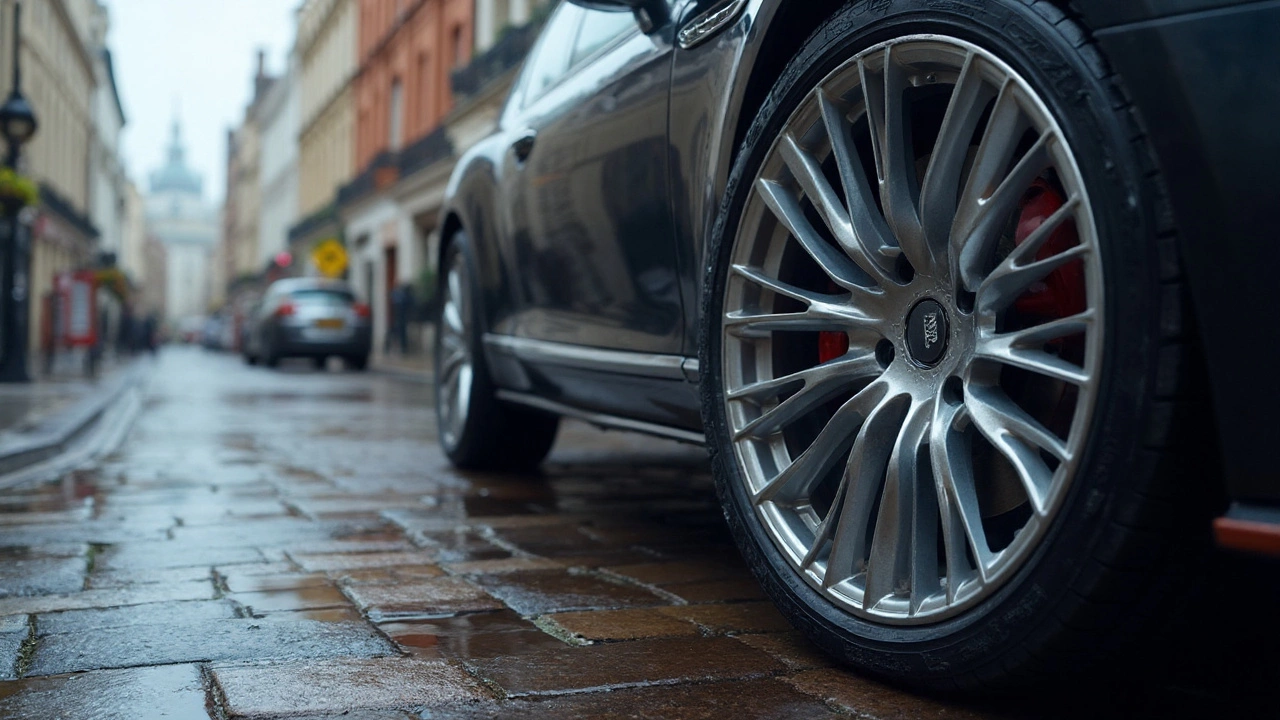 5 August 2025
5 August 2025
Do Alloy Rims Rust? The Truth About Alloy Wheel Corrosion and Maintenance
Wondering if alloy rims rust? Find out how alloy wheels resist rust, why they still corrode, and how to keep them looking sharp. Handy tips for car lovers.
Latest Posts
-

Can a Fuel Pump Be Bad and Still Work? Signs You're Driving on a Dying Pump
-
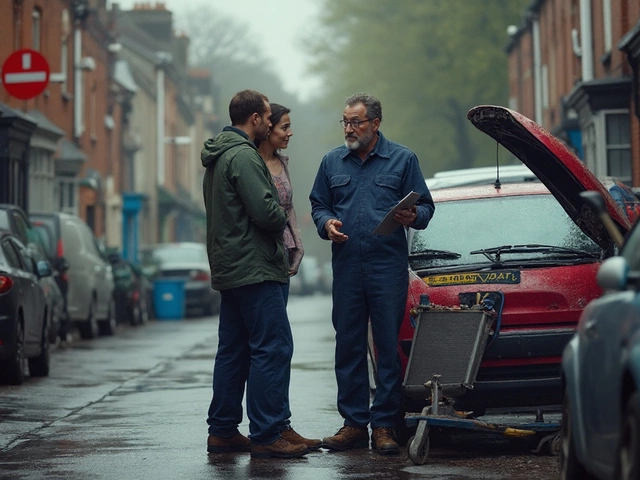
Car Radiator Price UK (2025): Parts, Labour, and Real Fitted Costs
-
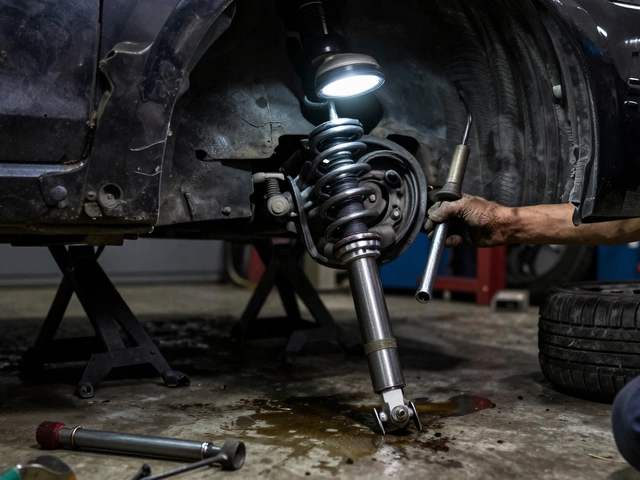
How to Fix a Bad Suspension: Step-by-Step Guide for Safe, Smooth Driving
-
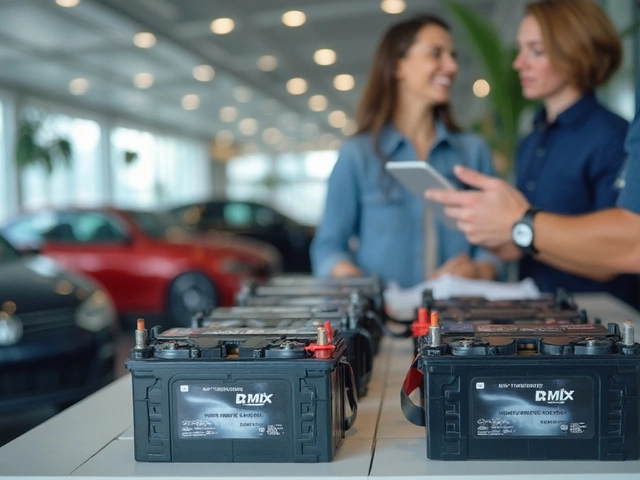
Discovering the Right Car Battery: A Guide to Powering Your Ride
-
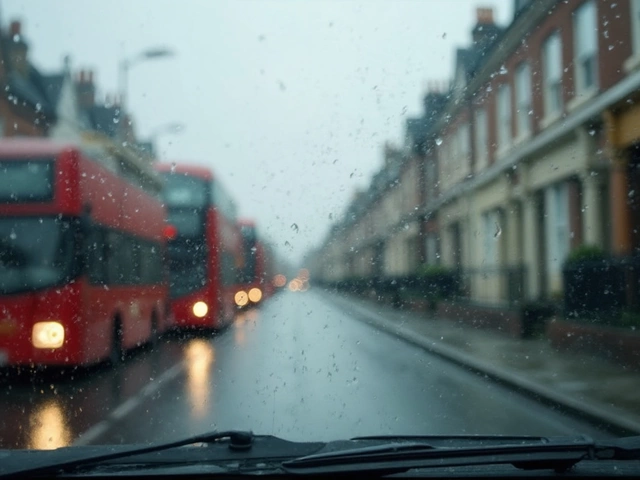
How Expensive Should Windshield Wipers Be? Real-World Costs Explained
Tags
- car maintenance
- engine oil
- spark plugs
- brake pads
- engine performance
- vehicle maintenance
- spark plug replacement
- windshield wipers
- fuel pump
- suspension parts
- clutch replacement
- clutch kit
- car performance
- oil change
- air filters
- car suspension
- car radiator
- exhaust systems
- engine misfire
- fuel pump failure

0